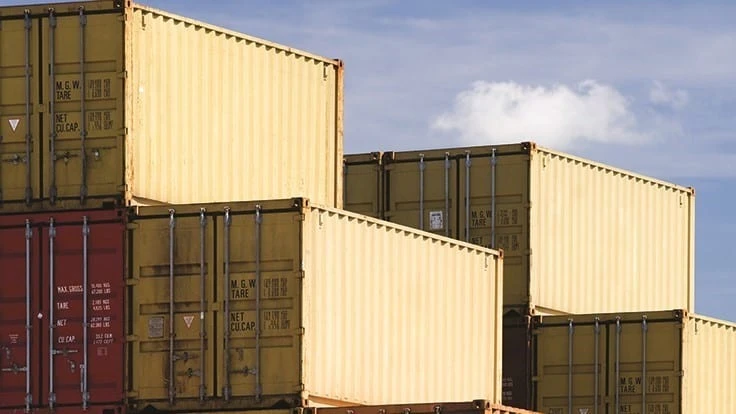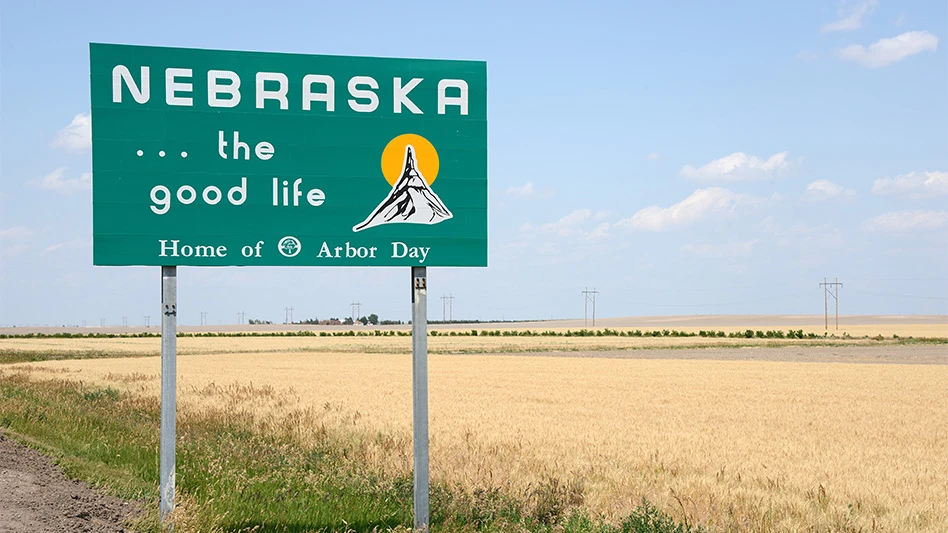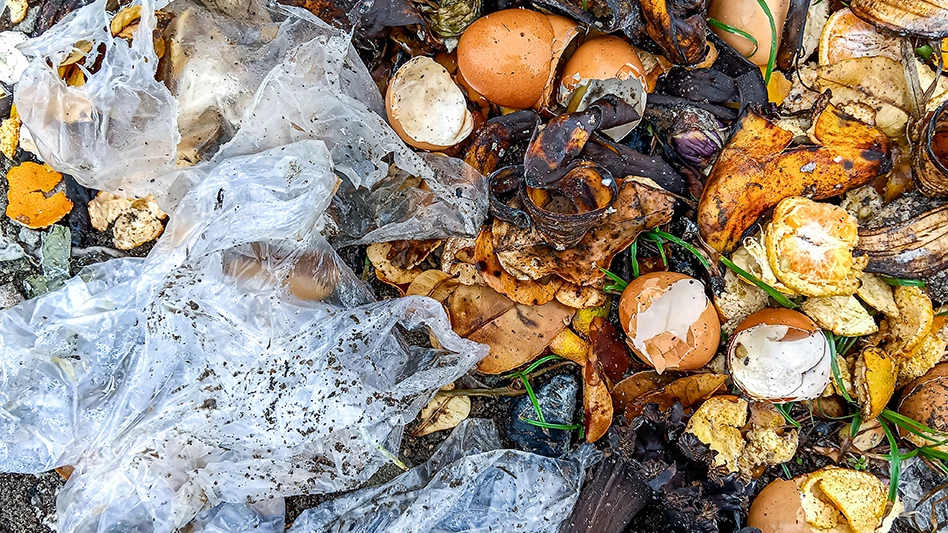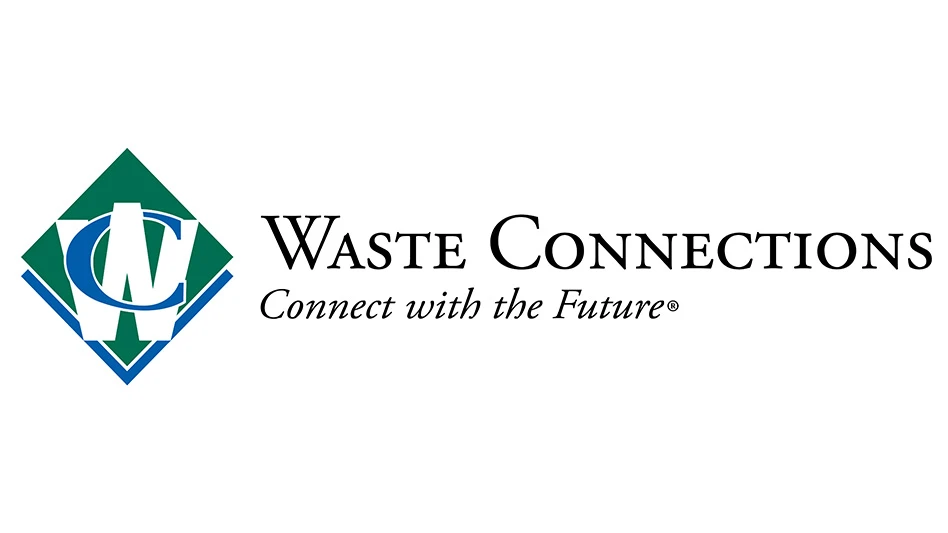
© Alptraum - Dreamstime.com
The government of Indonesia has finalized import regulations for all scrap commodity imports.
The Institute of Scrap Recycling Industries (ISRI), Washington, has received an unofficial translation summary of Indonesia’s new import regulations on Nov. 26. According to a news release from ISRI, the most revealing component of the regulation is a new import and export permitting system being instituted by the Indonesian government to have better oversight of trade in “non-B3” materials—those that are “imported for raw material industrial use.”
The regulation confirms that materials must be shipped directly from the country of origin, inspected before shipment, exported only by companies that obtain permits as outlined in the regulation and imported by Indonesian companies with permits, ISRI reports in a news release. Penalties for compliance failures are also outlined in the new regulation summary.
However, the summary fails to indicate the terms of quality for materials. Although articles 1 and 2 note that the material must be “homogenous” and “clean,” the new import regulation summary does not include specific thresholds set for contamination, ISRI reports in a news release.
“Some of our industry contacts have interpreted this as meaning zero tolerance, but because it is not explicitly said, ISRI is hopeful that the government is not trying to pursue a zero contamination tolerance policy,” ISRI reports in a news release. “Unfortunately, our continued outreach to government officials have not been answered.”
Historically, many scrap commodities have been exported to Indonesia. ISRI reports that from January to September, the U.S. exported about 1.1 million metric tons of scrap commodities to Indonesia that amounted to about $276.6 million.
According to ISRI, some of the association’s contacts shared that the impurity threshold may remain at zero percent. Additionally, those contacts reported that only direct shipments of materials will be allowed, defined as direct from the United States to Indonesia (i.e., no transshipment via Singapore would be allowed).
In September, members of ISRI’s Paper Stock Industries (PSI) Chapter met with Indonesian government representatives and U.S. Embassy officials in Jakarta, Indonesia, to address the nation’s proposed import restrictions on scrap paper specifically. During that visit, the Indonesian government had discussed moving its impurities threshold to 2 percent at the outset and transition to 0.5 percent in two years. However, this latest regulation is counter to what Indonesia told ISRI and other delegates in the fall, ISRI reports.
“We are concerned that it will dramatically restrict trade because of who’s allowed to be part of the transaction, how the transaction is allowed to be conducted and what’s allowed in containers,” says Adina Renee Adler, assistant vice president of international affairs at ISRI. “And we’re also concerned that despite opportunities to discuss these issues with the government, the final outcome was made without public consultation and without advanced notice or time to transition or prepare for its implementation.”
The regulation, which would apply for all countries, appears to already be in effect; however, KSO-Sucofindo, the Indonesian government agency responsible for overseeing its implementation, is unprepared to meet this new standard. ISRI reports that KSO-Sucofindo has ordered a temporary moratorium on imports and the preshipment inspection agencies, including Cotecna in the United States, have informed their customers that “all shipments with inspection dates after Nov. 22 need to be stopped” and the last inspection date is Nov. 22.
Adler says the regulation has created “a very chaotic situation” as there are uncertainties with the rules.
“All of this uncertainty is just challenging for the whole manufacturing supply chain,” she says, adding that if this regulation stays, “it means that our suppliers will not be fulfilling contracts for materials that are being demanded by manufacturers within Indonesia. It also means that Indonesia could be choosing the consumption of carbon-intensive raw materials instead of recyclable materials in the manufacturing industry. Those are the main implications.”
“We spoke to our contacts at Cotecna, but they have very little information about the regulation, implementation or when they will resume inspections,” she adds. “Our contacts within the Indonesian government have not responded to several inquiries. We have also asked U.S. government officials in Washington and Jakarta to help us obtain information as well as to help communicate our concerns with the new rules.”
ISRI reports that it has been trying to reach out to the Indonesian government to obtain additional details on this regulation. To read the unofficial translation summary of Indonesia's import regulations, click here.
Latest from Waste Today
- Taurus RNG awarded funding for integrated anaerobic digestion, carbon sequestration facility
- EPR implementation working group adopts nationwide focus
- Terex reports higher Q4 sales, strong bookings to close 2025
- Mardi Gras sustainability initiative collects 14K pounds of recyclables
- Republic Services appoints Ian Craig to board of directors
- Phoenix Public Works Department proposes solid waste rate increases
- EQT, Blackstone Infrastructure to acquire Urbaser
- Colorado county extends hazardous waste management contract with Clean Harbors





